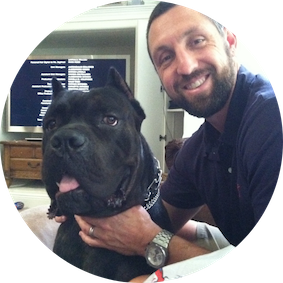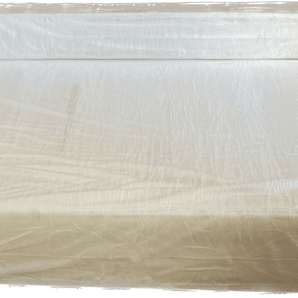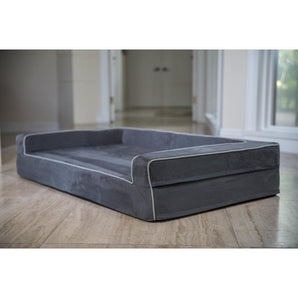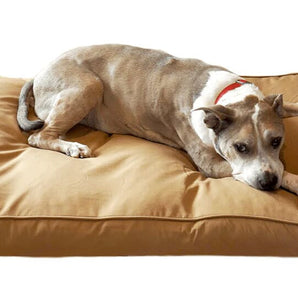If you’re new to large breed dogs or just want to learn more about them, it’s imperative to understand the special nutritional needs they require. Most large breed dog owners were originally attracted to their breed of choice by its size and appearance. That attraction almost always turns to love once an owner comes to appreciate the loving and mild mannered temperaments that these gentle giants portray. However, large breed owners need to make sure that that love overpowers the desire for their dog to grow as large and fast as possible. Controlled growth and the proper diet are key to large breed health.
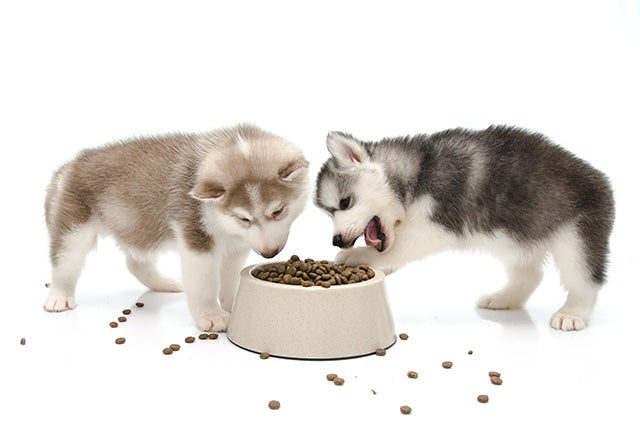
Large breed dogs grow and develop very quickly. Owners will sometimes make the huge mistake of overfeeding or feeding their big guy or girl the wrong food in the hopes of increasing their size. This is a terrible and irresponsible goal as this can cause major health problems for their dog. The goal of a large breed owner should be the health and longevity of the dog. Big dogs will get big regardless. It’s not in your best interest or the best interest of the dog to try to increase this growth. Puppies that get too big too fast will develop joint and hip problems that may never go away and can plague them for the rest of their lives.
Large dogs, especially large breed puppies, should be fed a diet that is specifically tailored for them. These diets are usually lower in protein and calories than other dog foods. A large breed dog food will usually be lower in calcium too. The reduction in calcium will help slow down bone growth and keep it in check. Rapid bone growth can cause painful and debilitating growing pains in puppies.
Make sure to space out a puppy’s feeding schedule to at least 3-4 times per day. This will help space out the calorie intake and also help prevent bloating. Bloating is a dangerous condition in large breeds that can be deadly. Never run or exercise your large breed dog or puppy for at least one hour prior to and after feeding to help prevent bloat.
As your large breed ages, feed him or her as little food as possible to maintain a healthy weight. This will help keep weight in check and also promote longevity and better joint health. You may also want to consult with your vet about supplements to ease the stress on their joints as your dog ages.
www.BullyBeds.com
